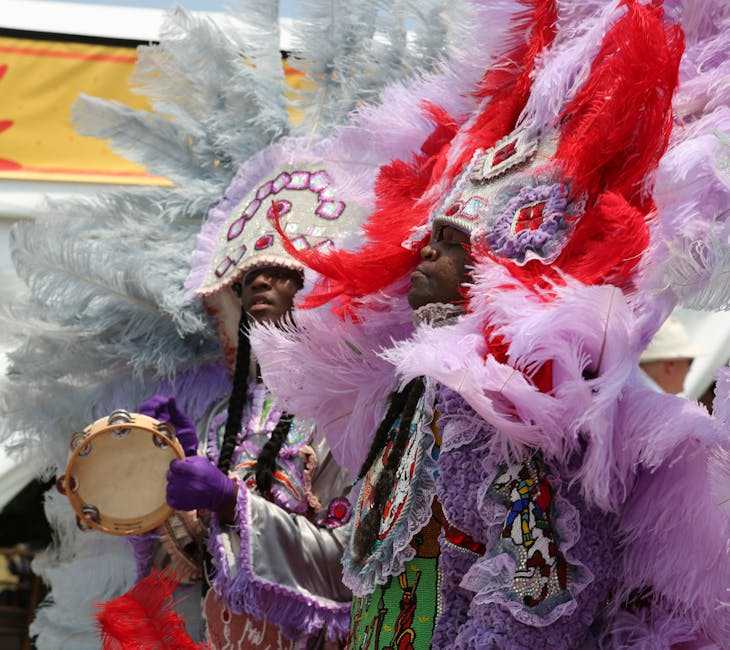Overview of Tribal Casinos in the US
Tribal casinos, operated by Native American tribes, are crucial players in the US gambling market. They’ve grown to generate significant revenue and play a key role in economic development for tribal communities.
History of Tribal Casinos
Tribal casinos began taking shape after the 1988 Indian Gaming Regulatory Act (IGRA). Before IGRA, Native American tribes operated small-scale bingo halls and card games primarily as forms of entertainment and minor revenue sources.
In 1979, the Seminole Tribe of Florida opened the first high-stakes bingo hall on their reservation, marking a turning point. This move prompted various legal challenges that culminated in the IGRA.
Since the passing of IGRA, tribal casinos expanded to offer slot machines and other casino games.
Legal Framework and Regulations
The Indian Gaming Regulatory Act (IGRA) established the framework for tribal casinos. IGRA classified gaming into three categories:
- Class I: Traditional and social games with minimal prizes.
- Class II: Bingo and certain card games.
- Class III: Casino-style games like slot machines and blackjack.
Tribes must negotiate compacts with state governments for Class III gaming. IGRA created the National Indian Gaming Commission (NIGC) to oversee and regulate gaming activities.
It ensures compliance, making tribal casinos the most regulated segment of the US gaming industry. Each tribe also creates its gaming commission to enforce regulations locally, leading to a multi-layered regulatory system.
Economic Impact of Tribal Casinos

Tribal casinos significantly impact local economies and employment within their regions. They contribute through various avenues, enhancing economic stability and growth.
Contribution to Local Economies
Tribal casinos generate substantial revenue that aids local economies. In 2021, tribal gaming revenue hit $39 billion, showcasing its financial clout.
These revenues fund infrastructure projects like schools, healthcare facilities, and community centers. For example, the Cherokee Nation in Oklahoma allocates gaming profits to educational scholarships and healthcare programs.
Local businesses benefit from increased tourism and customer flow, boosting sales. The added foot traffic supports hospitality, retail, and dining sectors, creating a cascading economic effect.
Job Creation and Employment Opportunities
Tribal casinos create numerous job opportunities. In 2019, tribal gaming supported over 300,000 jobs nationwide. These roles range from entry-level positions in hospitality to specialized roles in management and operations.
For instance, the Pechanga Resort & Casino in California employs around 5,000 people, making it one of the largest private employers in Riverside County.
These jobs offer competitive wages and benefits, improving the quality of life for tribal and non-tribal members. Employment doesn’t stop at the casino; surrounding businesses see job growth due to increased economic activity, from construction to local service industries.
Comparison With Non-Tribal Gambling Venues
Tribal casinos and non-tribal gambling venues vary in many aspects, affecting their overall offerings and operations. These differences impact their services, regulatory landscapes, and economic contributions.
Differences in Games and Services Offered
Tribal casinos often offer a mix of traditional casino games, including slot machines, poker, blackjack, and bingo. They may also feature unique cultural elements, providing a blend of entertainment tied to indigenous heritage.
Non-tribal casinos typically focus on more conventional gaming options and amenities, such as high-end dining, large-scale shows, and shopping malls.
For example, Las Vegas casinos like the Bellagio and MGM Grand are known for their luxury accommodations and events.
Regulatory and Tax Implications
- Tribal casinos operate under the Indian Gaming Regulatory Act (IGRA) of 1988, which establishes a framework for regulation and revenue sharing between tribes and states.
- This arrangement allows tribes to reinvest profits into their communities, funding essential services.
- Non-tribal casinos are regulated by individual state laws, which often impose higher taxes and stricter regulatory requirements.
This can impact their net revenue and investment capabilities. According to the American Gaming Association, state-regulated casinos contributed over $10 billion in direct gaming taxes in 2021, supporting state budgets and public services.
Challenges Facing Tribal Casinos
Tribal casinos face several significant challenges. These issues impact their operational efficiency and revenue generation.
Competition and Market Saturation
Tribal casinos encounter intense competition from state-regulated casinos, online gambling platforms, and other entertainment venues. States with high casino densities, like Nevada and New Jersey, see fierce market saturation.
The presence of numerous gambling options limits market share for each individual casino.
Market saturation can also lead to revenue dilution. For instance, with over 500 tribal casinos in the US (source: National Indian Gaming Commission), the available customer base becomes increasingly divided.
Casinos in less populous areas find sustaining high revenue levels more challenging, as their customer pool remains limited.
Legal and Regulatory Issues
Tribal casinos operate under the Indian Gaming Regulatory Act (IGRA), establishing a complex regulatory environment. Compliance with federal, state, and tribal laws requires significant resources and coordination.
For instance, tribal-state compacts, necessary for operating Class III gaming, involve lengthy negotiations and periodic renewals.
Legal disputes can also arise over land status and casino locations, affecting casino operations. Jurisdictional issues between tribes and states can lead to prolonged legal battles, disrupting casino activities.
Notably, instances like the 2020 Supreme Court case McGirt v. Oklahoma highlight the complexities of tribal sovereignty in gaming matters.
These challenges necessitate strategic planning and robust management to ensure the sustainable growth of tribal casinos in the US market.
Future Prospects of Tribal Casinos
Tribal casinos face a rapidly evolving gambling market. Exploring innovations and addressing online gambling impacts shape their future success.
Innovations and Market Expansion
Adopting innovative technologies boosts tribal casino appeal. Virtual reality (VR) games, for instance, create immersive experiences attracting tech-savvy patrons.
Moreover, integrating blockchain technology enhances transparency and security in transactions.
Expanding market reach involves targeting non-traditional customers. Hosting events like concerts, conventions, or esports tournaments increases visitor traffic.
Collaborations with non-gaming enterprises, such as hotels and spas, enhance overall customer experience and diversify income streams.
Impacts of Online Gambling
Online gambling challenges tribal casinos’ revenue. Online platforms offer convenient access to gambling, reducing foot traffic at physical casinos. To counter this, tribal casinos develop their own online gambling sites, blending traditional gaming with digital convenience.
Legal complexities also arise in online gambling integration. Tribes must navigate federal and state regulations while securing tribal sovereignty in digital gaming ventures. Balancing these factors determines the sustainable adaptation to online gambling trends.
The continuous adaptation to industry innovations and the strategic response to online market shifts play a critical role in the prospective success of tribal casinos.


